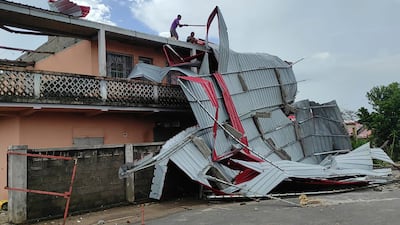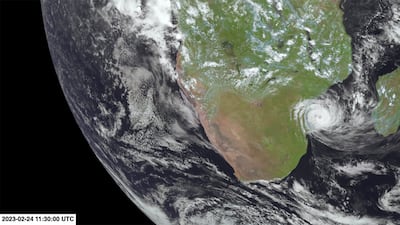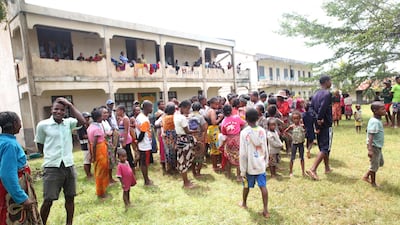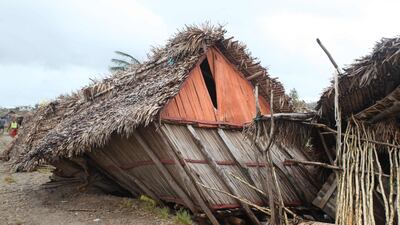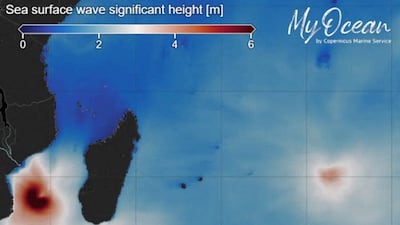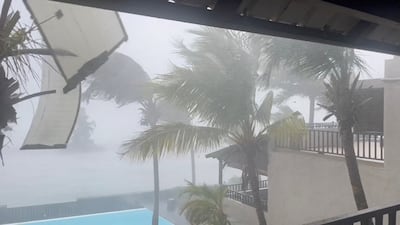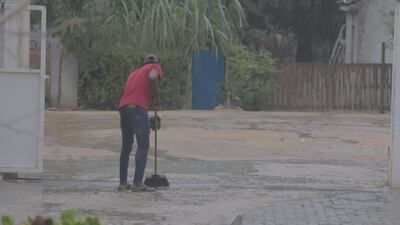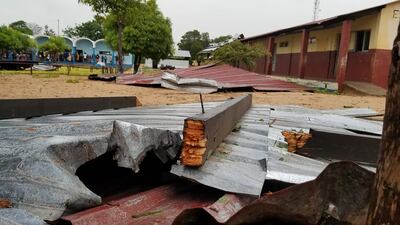The death toll from Cyclone Freddy's second visit to Madagascar rose to eight on Tuesday, authorities have said.
The south-eastern African nation of Mozambique was preparing for a rare second hit by the storm late on Friday night, a regional weather centre said on Tuesday.
The UN's World Meteorological Organisation said that Freddy, which began life off north-western Australia in the first week in February, was set to become the longest-lasting tropical cyclone on record.
Madagascar's government announced that more than 40,000 people have been affected and 14,000 have been displaced since the storm returned to batter the island nation having followed an unusual path.
Meteorologists have described the cyclone's route as a "rare" loop trajectory, a phenomena last recorded in 1998.
Freddy "does appear to be a new record holder for longest-lasting recorded tropical cyclone", said the WMO's Weather and Climate Extremes rapporteur Prof Randall Cerveny on Tuesday.
"We are continuing to monitor the situation," he said.
In total, at least 15 people have died in Madagascar since Freddy struck the first time in late February, bringing strong winds and torrential rains.
One person remains missing and more than 1,000 homes have been destroyed, the government said.
On Tuesday afternoon, the cyclone was located in the Mozambique Channel about 250km north-west of the coastal city of Toliara, with wind gusts of up to 180kph.
Rains in south-western Madagascar were easing, as the storm strengthened but moved away from the Indian Ocean island towards Mozambique, where it is expected to make a second landfall later this week.
At least 10 people were killed during Freddy's previous visit to the southern African country, according to the UN.
Madagascar is typically struck several times during the annual November-April storm season.
